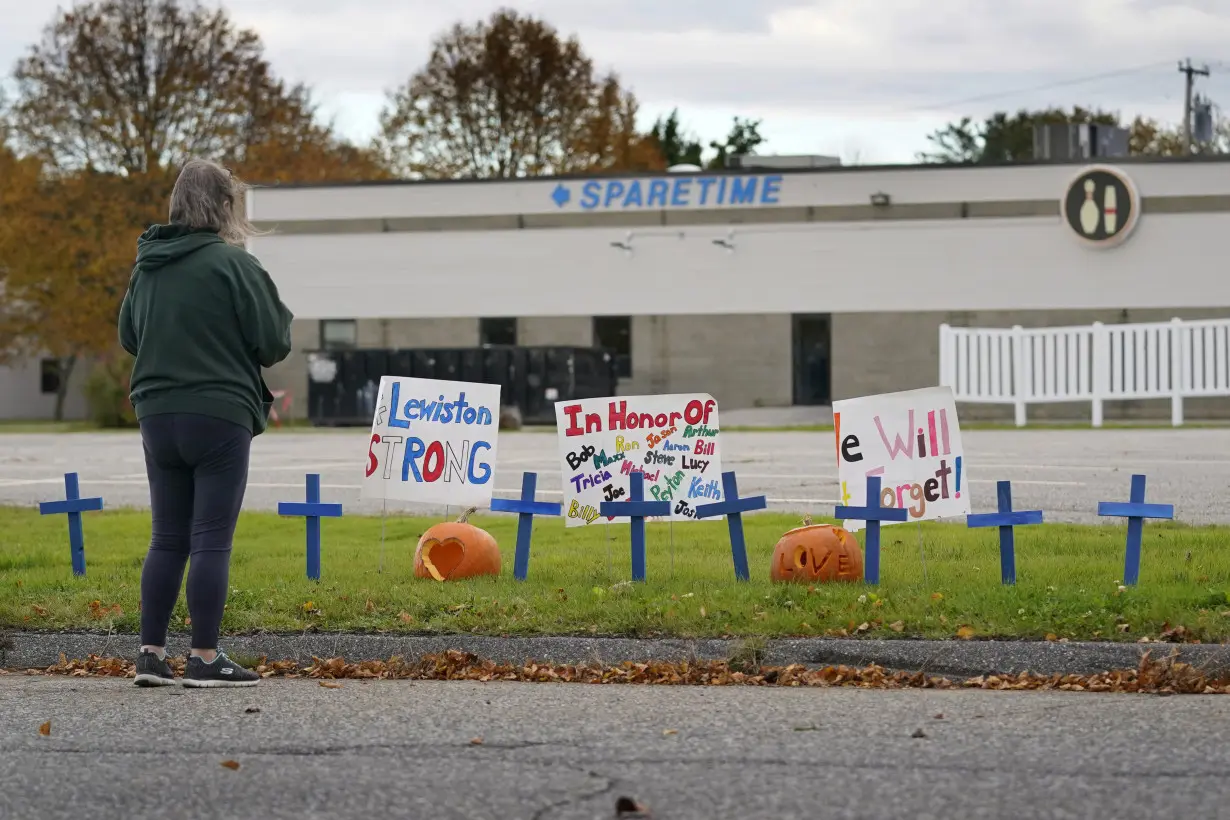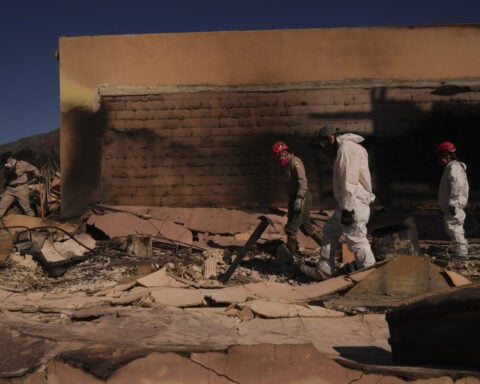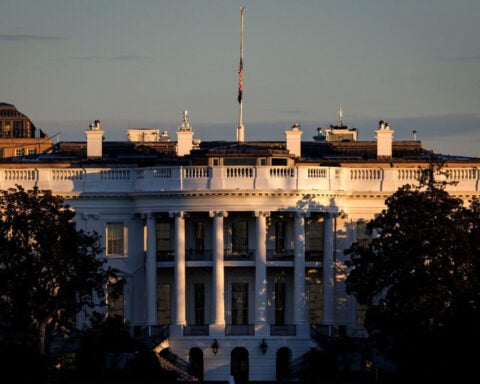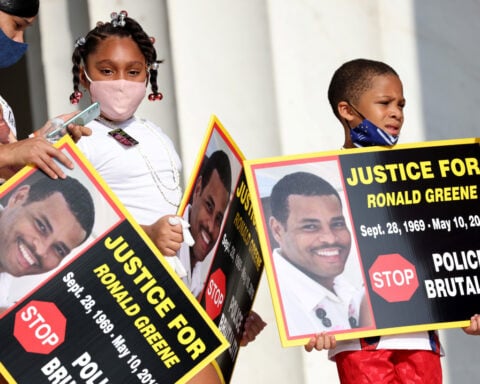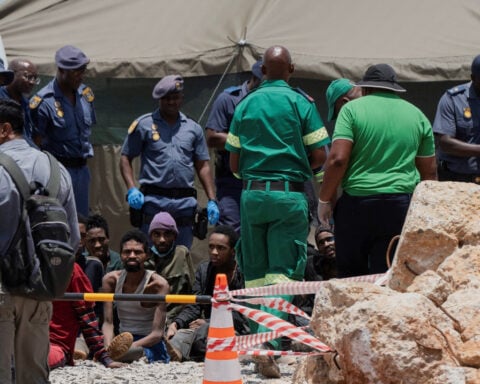AUGUSTA, Maine (AP) — The Army couldn’t use New York’s red flag law to disarm a reservist experiencing a mental health crisis before a mass shooting in Maine because he was not a New York resident, a nurse practitioner told an independent commission.
Maj. Matthew Dickison testified that Robert Card was displaying psychosis and paranoia in July 2023 when he evaluated Card at an Army hospital, where Card was taken for evaluation. Dickison concluded Card was unfit for duty and shouldn't have access to guns, and said he was surprised when Card was released two weeks later from a private psychiatric hospital.
Months later in Maine, 18 people were killed when Card opened fire at two locations in October in the deadliest mass shooting in Maine history. Card died by suicide, and his body was found two days later.
Dickison told commissioners on Thursday that he attempted to use New York’s SAFE Act to temporarily seize Card’s weapons but gave up when it appeared the law could only be used on New York residents. Card, from Bowdoin, Maine, was in New York to train West Point cadets when fellow reservists became alarmed by his behavior.
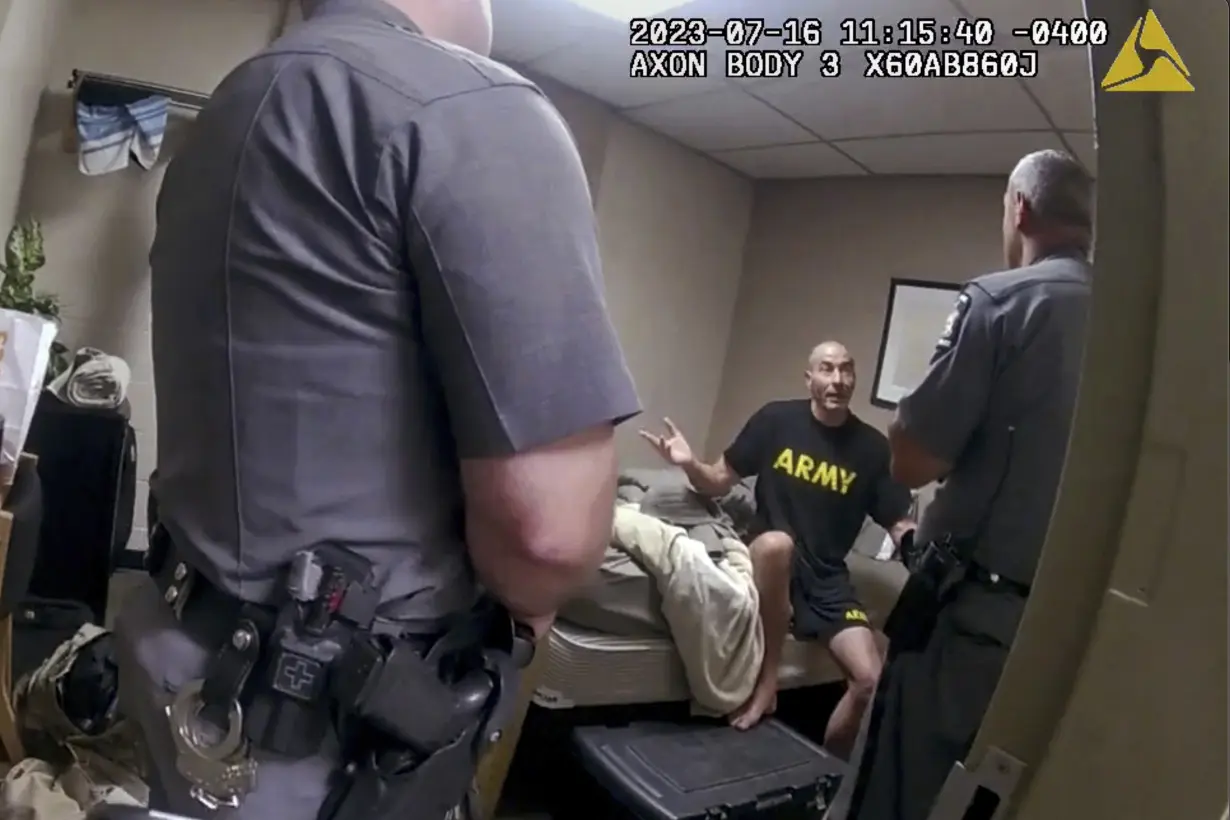
A civilian Army medical contractor, meanwhile, defied a subpoena to appear before the independent commission, which is investigating facts surrounding the shooting and what could've been done to prevent it.
Anne Jordan, the commission's executive director, said that she was told that the witness, identified as Patricia Moloney, declined to testify because she was the subject of a possible medical malpractice claim. It was unclear if that claim stemmed from the shootings in Maine on Oct. 25 at a bowling alley and at a bar and grill.
The commission ended a session that was being conducted via Zoom after Moloney failed to appear Thursday, and then reconvened several hours later with Dickison's testimony from Korea, where he is now stationed.
Dickison is a nurse practitioner whose specialty is psychiatry, and he was on temporary assignment at Keller Army Hospital when Card arrived for evaluation. Card repeated his claims that people were calling him a pedophile behind his back, along with his ominous warnings that he might have to do something about it. From there, Card was taken to a private psychiatric hospital for treatment.
Dickison's actions have been discussed before during testimony from other witnesses, including the leader of Card's Army Reserve unit, Capt. Jeremy Reamer, but Thursday marked the first time he addressed the commission.
Dickson said he gave a list of post-hospitalization recommendations to Reamer that included ensuring Card's personal weapons were confiscated and that Card attended health care appointments and took his medicine. But Reamer previously testified that his authority as commander applied only when soldiers were on drill.
The commission has previously delved into New York’s red flag law and Maine’s yellow flag laws, both of which allow guns to be seized from someone in a psychiatric crisis under certain circumstances. The commission issued an interim report in March saying law enforcement should have seized Card’s guns and put him in protective custody using the state's yellow flag law.
Police in Maine testified that the family had agreed to remove Card’s guns, but the commission said leaving such a task to them “was an abdication of law enforcement’s responsibility.”

 China's RedNote: what you need to know about the app TikTok users are flocking to
China's RedNote: what you need to know about the app TikTok users are flocking to
 UK inflation falls to 2.5%, core price measures slow by more
UK inflation falls to 2.5%, core price measures slow by more
 Biggest IKEA retailer to invest $1 billion in recycling firms
Biggest IKEA retailer to invest $1 billion in recycling firms
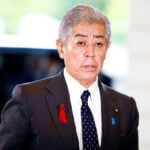 Japan foreign minister 'gravely concerned' about maritime tensions escalating
Japan foreign minister 'gravely concerned' about maritime tensions escalating
 Suspected outbreak of Marburg virus kills eight in Tanzania, WHO says
Suspected outbreak of Marburg virus kills eight in Tanzania, WHO says
 Japan finance minister flags action against excessive foreign exchange movement
Japan finance minister flags action against excessive foreign exchange movement
 British author Neil Gaiman denies ever engaging in non-consensual sex as more accusers come forward
British author Neil Gaiman denies ever engaging in non-consensual sex as more accusers come forward
 As Los Angeles burns, Hollywood's Oscar season turns into a pledge drive
As Los Angeles burns, Hollywood's Oscar season turns into a pledge drive
